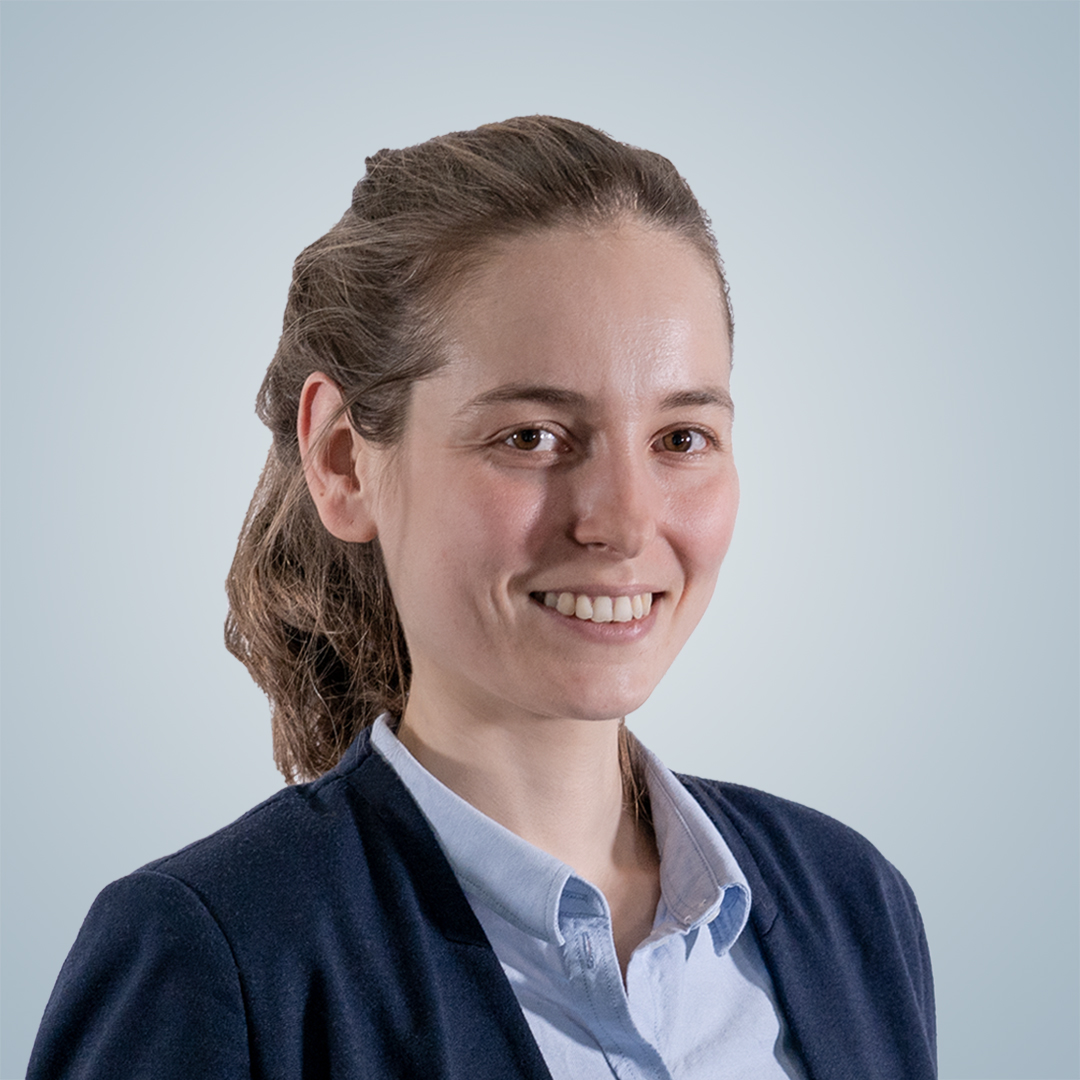- Mareike Deggelmann
- 26.01.26
- 3 min
- Funding advice, Agrifood, Bioeconomy
Your contact person
Saskia Thönißen
Self-care is on everyone's lips. It's on postcards, used in advertising for body care products or yogurt, and even apps are being developed for it. But what is behind this term? What does self-care do for the individual? And what for your small and medium-sized enterprise (SME)?
According to the World Health Organization (WHO), self-care is the ability of individuals and communities to promote health, prevent disease, maintain health, and cope with illness or disability. Medical personnel are not necessary in this process.[1]
Self-care brings many benefits to each individual. It increases well-being and reduces stress, which at the same time increases psychological resilience, also called resilience. Being mindful of one's needs, such as eating a balanced diet and being physically active, also has a preventive effect against non-communicable diseases such as cardiovascular disease, strokes and lung disease.
A mindful approach to oneself is not only beneficial for the individual, but also for the community, e.g. in the working world. By using appropriate stress management techniques, stress decreases, resulting in less burnout and thus fewer sick days. In addition, appropriate measures such as sufficient sleep and enough rest ensure that productivity and performance are increased.
Globally, self-care interventions ensure that health care spending is minimized. According to a study by the Global Self-Care Federation, more self-care could save up to $119 billion zu 119 Milliarden USD[2] for the individual, the healthcare system and the government. In collaboration with the WHO, they published the Self-Care Readiness Index, which shows the potential of investing in self-care measures. After all, on average, each individual spends 66 minutes a year with a healthcare professional, compared to over 8,600 hours a year with themselves.[3]
WHO defines self-care interventions as tools to support self-care. These can be evidence-based medicines, counseling, devices, diagnostics, and/or digital technologies that can be used in whole or in part outside of healthcare services. Depending on the measure, they can be used with or without healthcare professionals.[1]
In order to achieve the goals of prevention for one's own health, various technologies are already being used, such as fitness and sleep trackers as well as nutrition, relaxation and health apps. But digital therapy and consulting platforms are also part of this, as well as the provision of information. In addition to applications for maintaining health, applications for diagnosing diseases such as HPV and STI self-tests, HIV self-tests, and self-monitoring of blood pressure and blood sugar are also included.
The measures are as diverse as their beneficiaries. They come from all age groups and are in different life situations. Just like the users, the reasons for using self-care measures are different. On the one hand, users see the positive attributes of self-care for their own health and want to actively work to maintain their health. On the other hand, they want to bypass the health care system because, for example, they do not have access to quality health information, services and products, or they face stigma and discrimination in the health care system. For this reason, the WHO also sees an urgent need for innovative strategies that go beyond traditional health sector measures.
Not only the WHO, but also we at EurA AG see the development of innovative technologies and applications around the topic of "self-care for one's own health" as a major challenge that can only be met together. That is why we would like to bring together the innovative power of German SMEs, universities, research institutions, large companies and other interested parties in a cooperation network funded by the BMWK. The topics in the "Sealth Care" cooperation network are:
If you, too, would like to participate in innovative projects for more self-care, get to know us and the previous contributors at the online event Self Care 4.0: Sharing for Tomorrow's Health. The event will take place on 8/24/2023 from 3pm and 4:30pm.
You can find more information about the Sealth Care cooperation network here. You are also welcome to contact us for a life science consultation.
[1] https://www.who.int/health-topics/self-care#tab=tab_1
[2] https://www.selfcarefederation.org/sites/default/files/media/documents/2022-06/GSCF%20Socio-Economic%20Research%20Executive%20Summary%2020062022%20RGB.pdf
[3] Barbara Riegel, Sandra B. Dunbar, Donna Fitzsimons, Kenneth E. Freedland, Christopher S. Lee, Sandy Middleton, Anna Stromberg, Ercole Vellone, David E. Webber, Tiny Jaarsma, Self-care research: Where are we now? Where are we going?, International Journal of Nursing Studies, Volume 116, 2021
Text: Saskia Thönißen

Your contact person
Saskia Thönißen
EurA AG
T- 079619256-0Max-Eyth-Straße 2
73479 Ellwangen
info@eura-ag.com